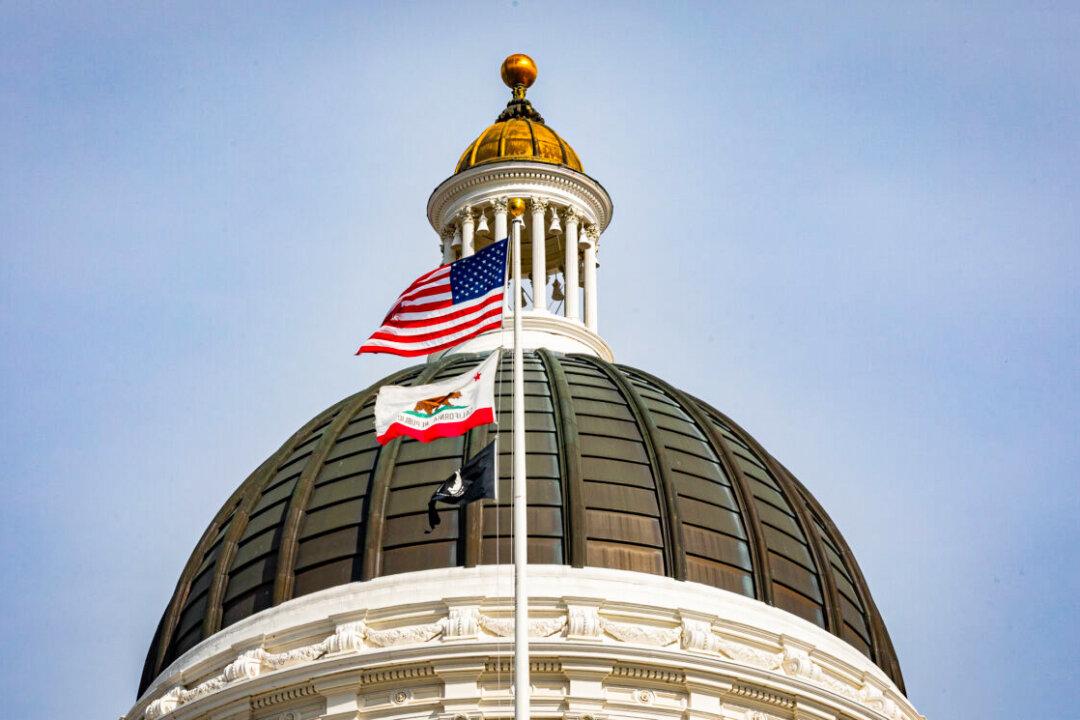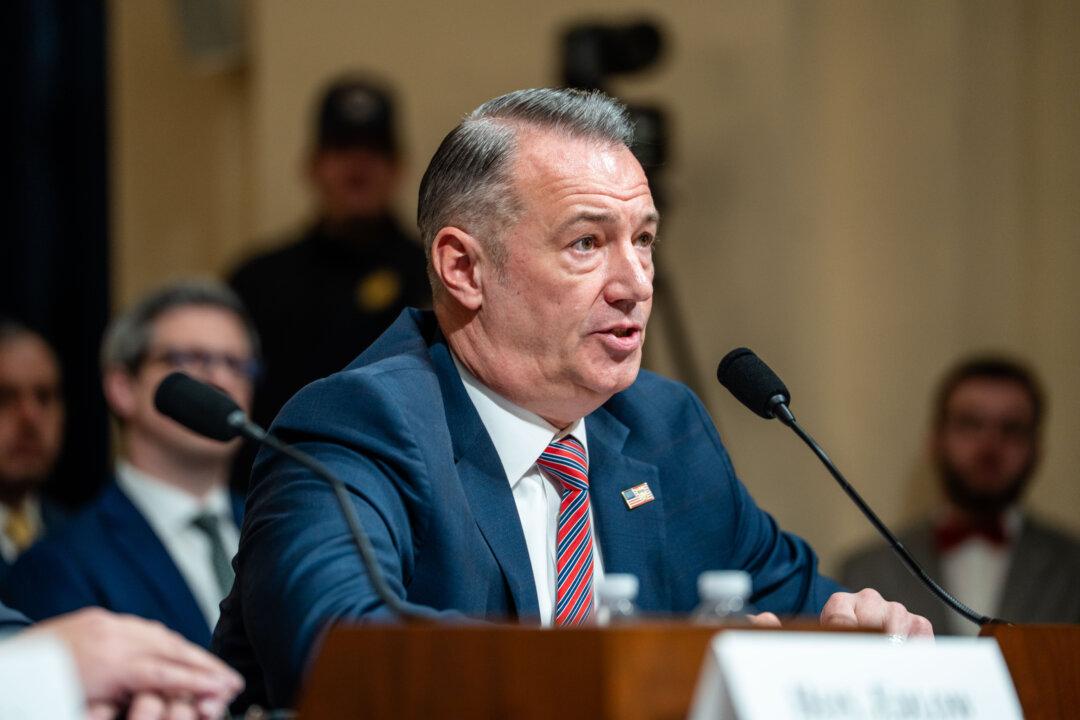California’s union members could soon get a special union-dues break on state taxes under a new law.
Senate Bill 189, signed into law on June 30, includes a plan to “[i]mplement a tax credit under the Personal Income Tax Law to offset a portion of costs associated with union membership.”





